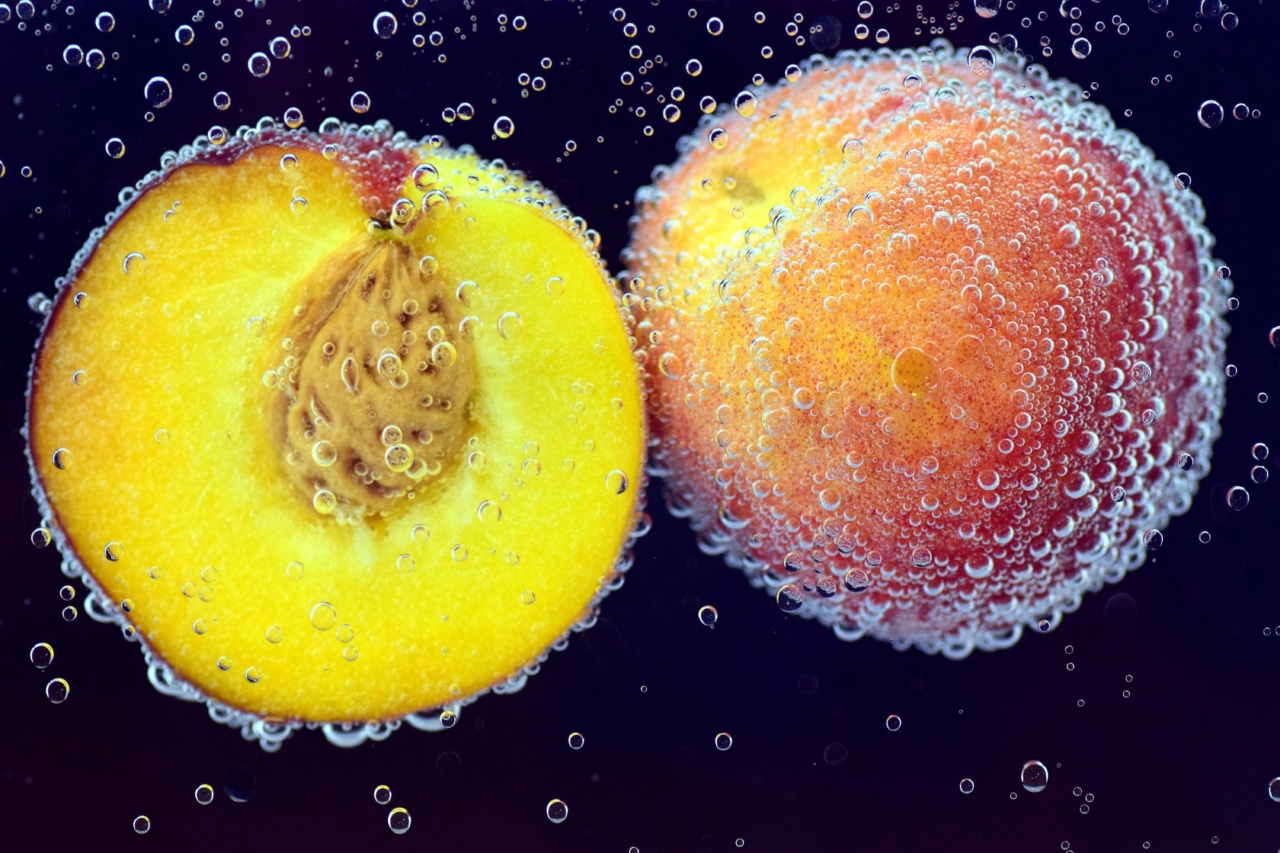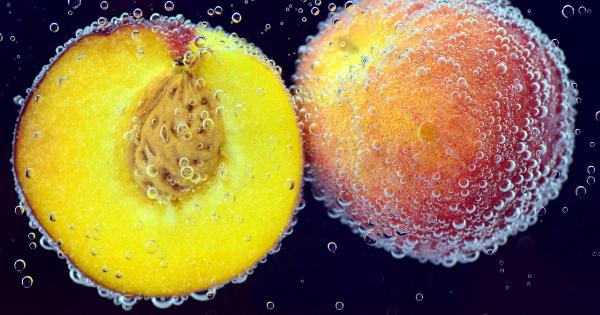How Your Diet Affects Kidney Stones
Kidney stones are solid deposits that form in the kidneys when there is an accumulation of certain substances in the urine. These substances can include calcium, oxalate, and uric acid, among others.
Kidney stones can cause immense pain and discomfort when they become lodged in the urinary tract.
One of the most important factors in preventing kidney stones is staying hydrated. Drinking an adequate amount of water helps flush out the kidneys and dilutes substances that can lead to stone formation.
It is recommended to consume at least 8 glasses (64 ounces) of water per day. Increased fluid intake can help reduce the risk of stone formation.
2. Calcium Intake
Contrary to popular belief, calcium intake is beneficial for preventing kidney stones. However, it is important to consume calcium from food sources rather than relying on supplements.
Calcium-rich foods like milk, yogurt, and cheese can actually help bind with oxalate in the digestive system, preventing its absorption into the bloodstream and reducing the risk of stone formation.
3. Oxalate-Rich Foods
Oxalate is a compound found in certain foods that can contribute to kidney stone formation. Foods high in oxalate include spinach, rhubarb, beets, nuts, and chocolate.
If you are prone to developing kidney stones, it is advisable to limit your intake of these oxalate-rich foods. However, it is not necessary to completely eliminate them from your diet, as they do provide important nutrients. Moderation is key.
4. Sodium Consumption
High sodium intake can increase the excretion of calcium through urine, leading to a higher risk of stone formation. It is important to reduce your sodium intake by avoiding processed foods, fast food, and excessive salt use.
Instead, opt for fresh, whole foods and flavor meals with herbs and spices rather than salt.
5. Animal Protein
Consuming excessive amounts of animal protein, especially red meat, can increase the risk of kidney stone formation. Animal proteins contain purines, which when broken down by the body, produce uric acid.
Higher levels of uric acid in the urine can promote the development of uric acid stones. It is recommended to limit the consumption of red meat, poultry, and seafood to reduce the risk.
6. Citrus Fruits
Citrus fruits like lemons and oranges are rich in citrate, which can help prevent kidney stones. Citrate inhibits the formation of calcium stones and can also break down small stones, allowing them to pass more easily.
Including citrus fruits in your diet or consuming citrus juices can be beneficial in reducing the risk of kidney stones.
7. Sugar and Sweetened Beverages
High sugar intake, particularly from sweetened beverages, can promote kidney stone formation. Sugar can increase the excretion of certain substances, such as calcium, into the urine, making it more likely for stones to form.
Opt for water or unsweetened beverages instead of sugary drinks to reduce the risk.
8. Vitamin C
Vitamin C is an essential nutrient, but excessive intake through supplements can contribute to the formation of kidney stones. Large doses of vitamin C are metabolized into oxalate, which can then combine with calcium to form stones.
It is best to obtain vitamin C from natural food sources, rather than relying solely on supplements.
9. Alcohol and Caffeine
Excessive alcohol and caffeine consumption can increase the risk of dehydration, which in turn can contribute to stone formation. Both alcohol and caffeine act as diuretics, causing more frequent urination and potential dehydration.
It is important to moderate your intake of alcoholic and caffeinated beverages and ensure adequate hydration alongside their consumption.
10. Balanced Diet and Overall Health
Adopting a balanced diet that includes a variety of fruits, vegetables, whole grains, and lean proteins is crucial for overall health and can also help reduce the risk of kidney stone formation.
Avoiding excessive intake of processed foods, maintaining a healthy weight, and regular physical activity are important factors in preventing various health issues, including kidney stones.































